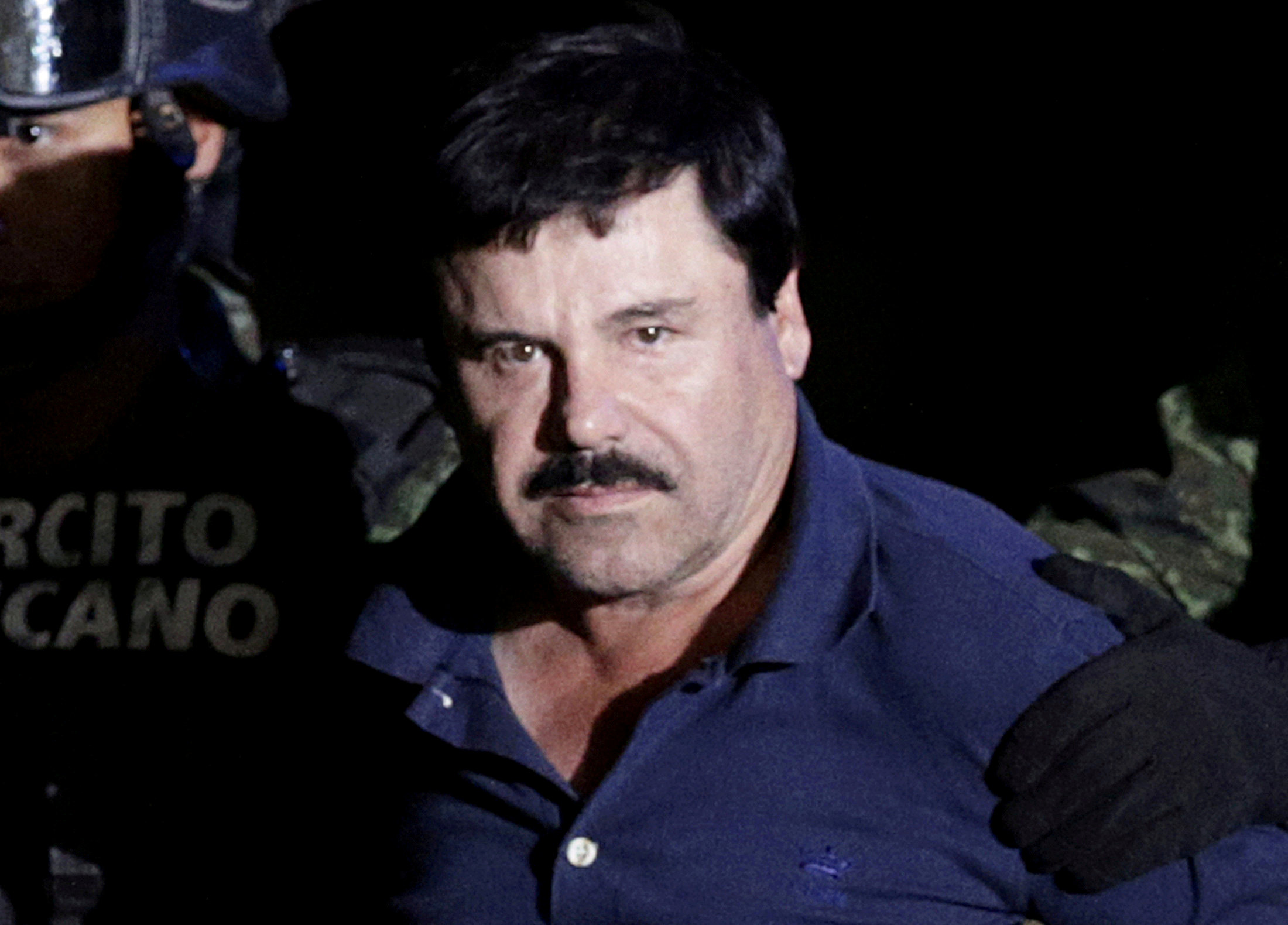
By Jonathan Allen and Maria Caspani
(Reuters) – A U.S. judge has halted the scheduled executions of four inmates on federal death row, temporarily stalling an effort by President Donald Trump’s administration to resume federal executions next month after a 16-year hiatus.
Judge Tanya Chutkan, who is presiding over long-running legal challenges by condemned prisoners to the Department of Justice’s lethal injection protocol, issued the temporary order late on Wednesday in the U.S. District Court in Washington.
She said the condemned inmates suing the government were likely to succeed on at least one of their arguments, namely that the Federal Death Penalty Act requires the Bureau of Prisons to follow the execution procedures of the state in which an inmate was convicted.
“There is no statute that gives the BOP or DOJ the authority to establish a single implementation procedure for all federal executions,” Chutkan wrote in her 15-page opinion, referring to the agencies by their initials.
She said it was likely that Attorney General William Barr had overreached his authority in July when he announced that the Justice Department planned to resume federal executions using a new one-drug protocol.
Barr said the department would execute condemned inmates with pentobarbital, a powerful barbiturate, replacing the three-drug protocol the department used in carrying out its last execution in 2003.
Barr also announced execution dates in December and January for five men on federal death row in Terre Haute, Indiana, all of them convicted murderers.
The announcement revived legal challenges to the lethal injection protocol dating back to 2005 that had lain dormant in federal court. Some 60 inmates are on federal death row, including Boston Marathon bomber Dzhokhar Tsarnaev, who killed three people and injured more than 260 in the 2013 attack.
One of the five men with execution dates, Lezmond Mitchell, won a stay in the 9th U.S. Circuit Court of Appeals last month. The other four men are now protected by Chutkan’s order.
“This decision prevents the government from evading accountability and making an end run around the courts by attempting to execute prisoners under a protocol that has never been authorized by Congress,” Shawn Nolan, one of the attorneys for the men facing federal execution, said in a statement.
The Justice Department did not respond to a request for comment, but had opposed any delay in the executions saying the new protocol was lawful and the condemned inmates’ victims have a “compelling interest in the timely enforcement of a lawful death sentence.”
Condemned inmates have also said the Justice Department will breach a constitutional ban on “cruel and unusual” punishment by using pentobarbital. They cite physicians who say the corrosively alkaline chemical will likely cause them burning pain and force fluid into their lungs while they remain conscious, causing the sensation of drowning before they die.
The Justice Department says the lethal injections are humane and not excessively painful.
Most countries have abolished capital punishment.
In the United States, Trump, a death penalty supporter, has called for increasing its use for drug traffickers and mass shooters.
(Reporting by Maria Caspani and Jonathan Allen in New York; Additonal reporting by Sarah Lynch in Washington; Editing by Scott Malone and Jonathan Oatis)



